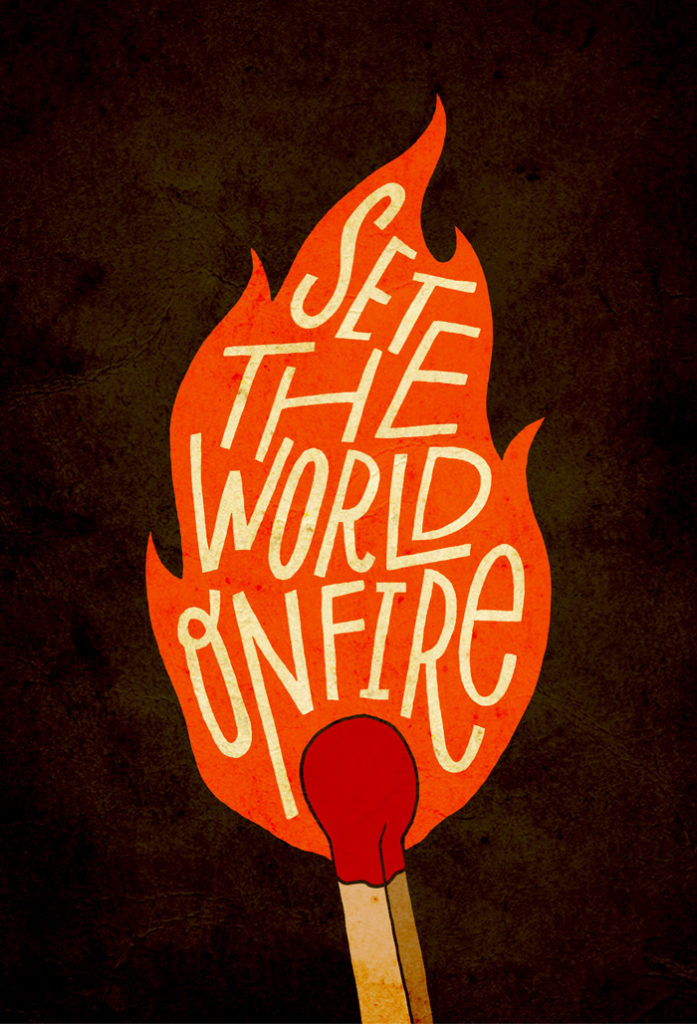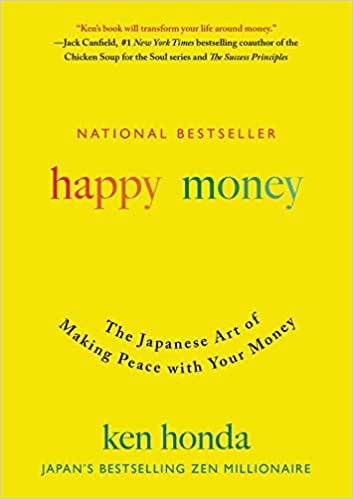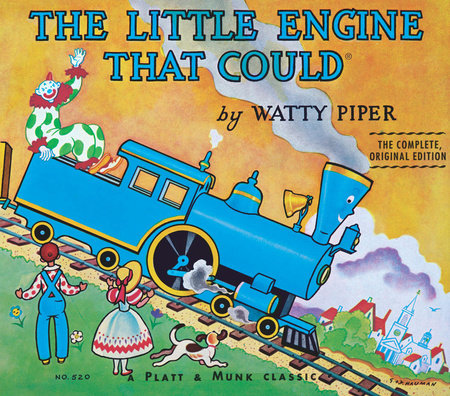“To set the world on fire, warm up to your job.”
—Arnold Glasow, 20th Century American Humor Writer

Image from Jayroeder.com
If time is the “coin of life,” then what we do and who we do it with in our careers has a huge cost.
How satisfied and fulfilled are you in your career?
To what degree do you think and feel it is time well spent?
Unfortunately, 60-70% of the workforce doesn’t leap out of bed every morning. That fire, or even a hint of a spark, is missing.
What if we could rekindle the flames of enthusiasm and passion we had when our careers were just starting, or when we transitioned into a new venture?
EXERCISE:
Examine your current job through a fresh set of eyes. Look for what is working, what can be improved, and what’s possible, to fire up your engagement and fulfillment.
Consider picking up Adam Grant’s book, Originals, to explore many new and innovative approaches to making this important part of life more “toasty.”












